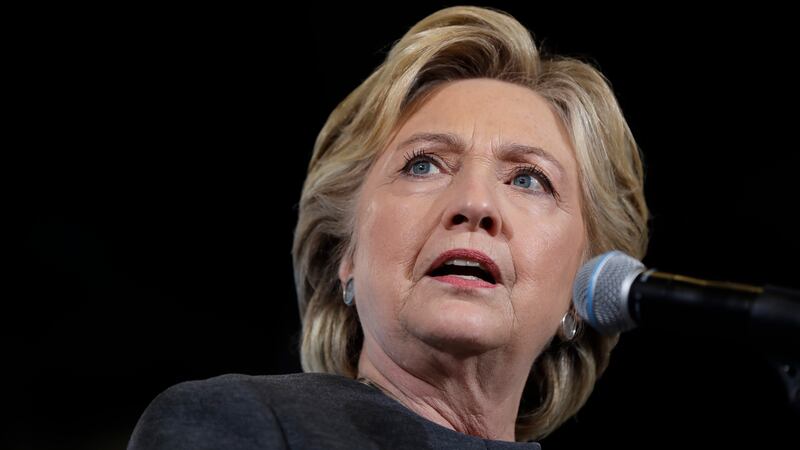As the 2017 legislative session rolls to a close, Senate Democrats are holding up a bill that would reform the electoral college.
The National Popular Vote legislation gained high-profile attention after Hillary Clinton won more votes than President Donald Trump, but lost the election in November.
Oregon's bill would allow the state to enter the National Popular Vote Interstate Compact, and direct all of Oregon's electoral votes toward the candidate who wins the most votes across the country.
The compact would only go into effect after states representing 270 electoral votes agreed to it. Right now, the compact has 168.
Majority Leader Ginny Burdick and Senate President Peter Courtney both are only willing to support a compromise version of the National Popular Vote legislation that would refer the question to voters statewide.
But they won't hold a straight up-or-down vote on the bill on the passage.
"I support it [National Popular Vote] but only with a referral," Burdick tells WW.
But just a few weeks ago, Burdick seemed to be telling another story.
"Right now, there is significant momentum behind the National Popular Vote Interstate Compact in my district and elsewhere in Oregon. I will continue to work with my colleagues this session to help find a path for this important legislation," she stated in an email.
Burdick hasn't held a vote for the bill in the Rules Committee.
Similar legislation has been blocked by Courtney three times in the past 10 years. This is the first time Courtney floated a compromise proposal to refer the matter to voters, but advocates have rejected the idea, calling it a disingenuous compromise.
"I believe that those wanting to refer the bill to the ballot are looking for a decoy to kill the bill," says Kate Titus of Common Cause Oregon. "They know that democracy and public interest groups have no money to run a ballot campaign. This is simply a way to try to avoid passing the bill."
If the bill doesn't pass this session, Common Cause plans on supporting it again next session.
